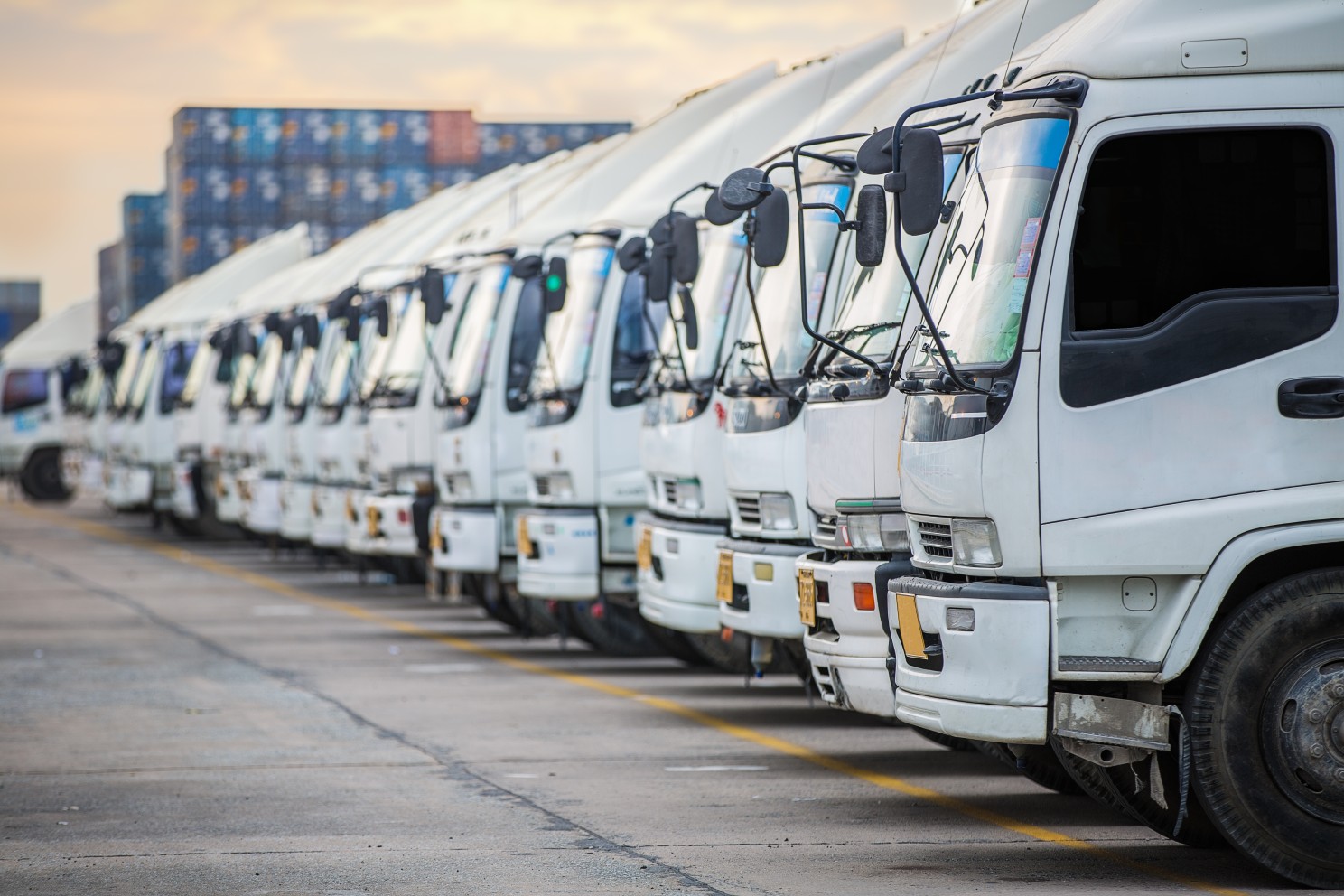
Susie Jones
HGV drivers challenge the term "driver shortage"
Created: 15/08/2024
•
Updated: 18/12/2024
On the 11th of April, 2024, the DfT opened a consultation on measures to relieve the driver shortage. They seek proposals to allow a person to undertake their theory and off-road manoeuvre tests before being granted a provisional HGV driver entitlement.
Since Covid-19 and Brexit, the industry has seen a drop in HGV drivers. The pandemic delayed 30,000 tests for new drivers, and Brexit hit fleet companies hard - with many European truck drivers leaving the UK.
A 2023 report from SNAP suggests the sector could reach a 'tipping point' in the next 10-15 years. With the industry shifting rapidly, online orders are one of the fastest-growing demands - when combined with an ageing workforce, industry needs will outgrow the shortage of qualified drivers.
What do truck drivers think?
On social media, SNAP prompted drivers to voice their opinions regarding the proposal set by the DfT. Many drivers didn’t comment on the scheme, however, 72.5% challenged the term 'driver shortage’, labeling it as scaremongering.
Instead, they stated the following were causing experienced drivers to leave the industry and, in conjunction, deterring new applicants:
Wages
Of the 72.5%, 28% suggested low pay was a deterrent. Drivers on SNAP's social media pages suggested they could earn more in different professions:
"I have an HGV license but no desire to use it. I currently earn more per hour as a driving instructor. It's not a driver shortage at all."
"Pay the drivers more money and give them better facilities."
There have been misconceptions regarding HGV wages in the UK - with the opinion that truck drivers earn more than the average worker. According to National Careers, the average salary for a HGV driver in the UK is £22,000 to £40,000 - with experienced drivers earning the top end.

Facilities
Facilities also came under scrutiny by many - 20% blamed poor standards for pushing qualified drivers away. The standard of facilities at truck stops across the UK has come under much scrutiny from those in the industry, with many stating they are not worth the money.
The DfT has taken significant action with their £6 million HGV Parking and Driver Welfare grant scheme - backed by a further £10.5 million from the industry. The scheme will invest in 38 truck stops across England to upgrade facilities for drivers, including new showers and restaurants, as well as better security.
In addition to upgraded facilities, the scheme will hopefully create around 430 new HGV parking spaces, resulting in less lay-by parking and sites being full by early evening.
Lack of work
Equally, 20% of drivers explained they had a licence but couldn't find work. According to the Office for National Statistics (ONS), there are more than 183,000 HGV-driving jobs in the UK. Despite this, each region has different job opportunities, resulting in an unequal demand across the UK. Multiple drivers shared their experiences struggling to pick up work:
"I've held a class one for seven months and can't get a job. I'd love to know where the shortage is."
"What shortage? There's not much work up for grabs."
Driver Certificate of Professional Competence
10% who neither agreed nor disagreed with the term 'driver shortage' stated the Driver Certificate of Professional Competence (CPC) had played a critical role in the reduced number of HGV drivers.
Introduced in 2009, the CPC aims to improve road safety, professionalism, and environmental awareness - it also ensures drivers are up-to-date with all health, safety, and legal requirements. Results from a consultation regarding a policy review to the CPC found that 47% of HGV drivers said it was ineffective or very ineffective. From SNAP's social media, one driver commented:
"Get rid of the CPC, and I'll pick up shifts. I am not paying to do 35 hours, learning to do what I've previously spent years doing every day."
The Government has outlined a series of changes to the CPC to increase flexibility when renewing and regaining the qualification. Among changes to course length, the Government will develop more core course content alongside the Driver and Vehicle Standards Agency.
External factors, such as Brexit and COVID-19, combined with industry-related issues, have significantly impacted employment rates in the haulage sector. In an ever-evolving environment, the industry must continue to make changes where necessary to attract and retain more drivers.
About SNAP
SNAP is the digital marketplace - connecting fleet journeys from depot to destination across Europe through technology, security, and an extensive European network.
The service is used every 13 seconds by one of the 190,000+ truck drivers using SNAP's payment system. Transactions occur across a network of over 600 truck service partners across Europe. Sign up for free


